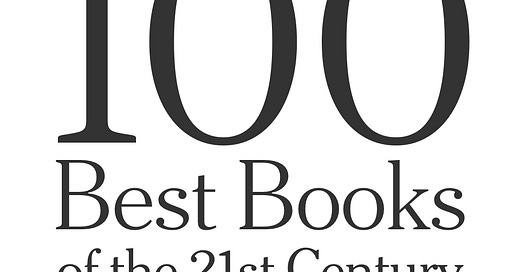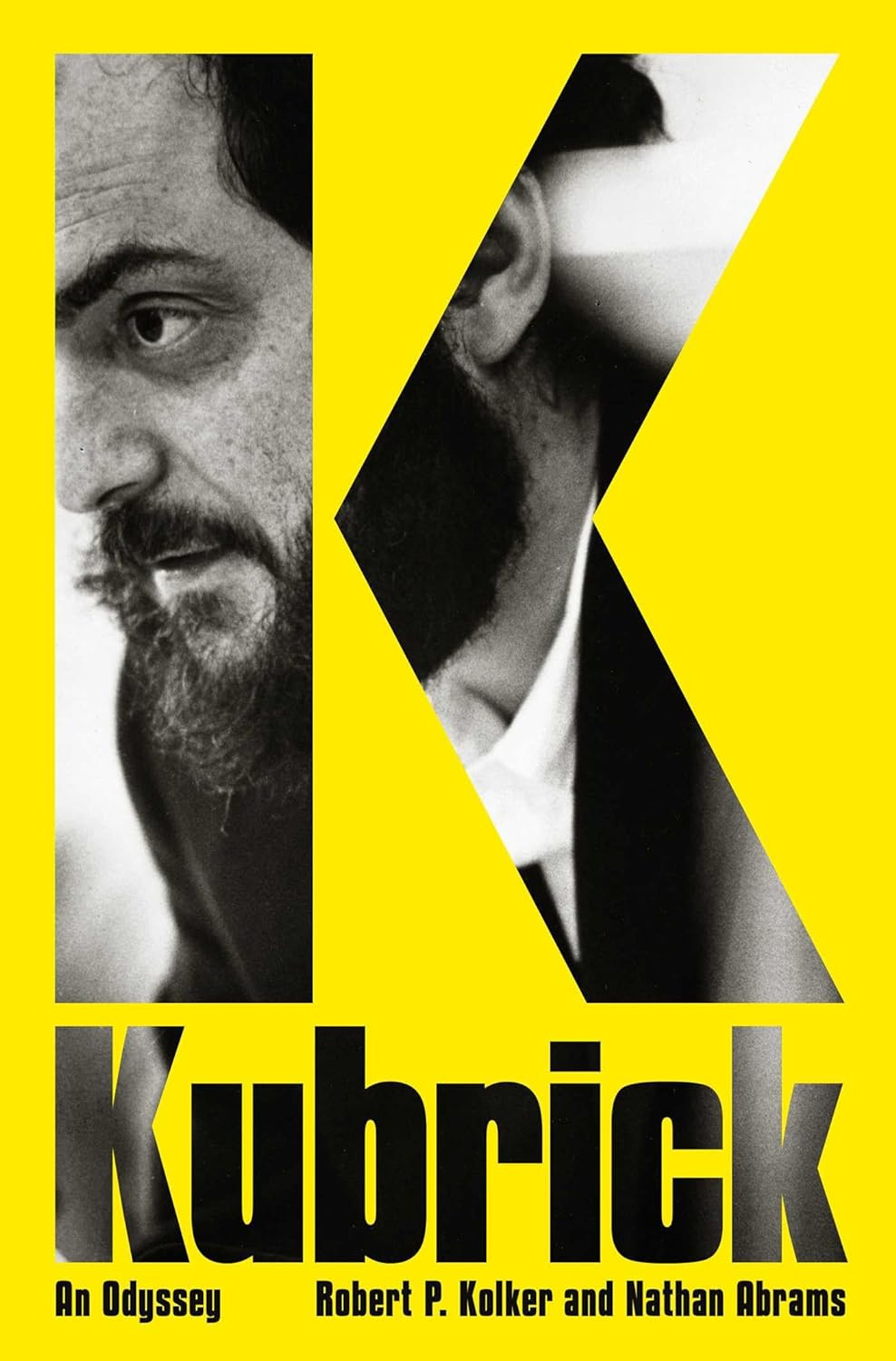The New York Times began a series of articles a few days ago listing the 100 Best Books of the 21st Century, polling over 500 “writers and notable book lovers,” releasing 20 titles per day. As of today, July 11, 2024, they have covered #100-21, a mixture of fiction and nonfiction. Books #20-1 will be revealed tomorrow.
Of those books, four were published in 2021, five in 2022, and - at least so far - none were published in either 2023 or 2024. The fact that no books from the last eighteen months have yet appeared gives me some hope for the tastes of the “experts.”
But let’s back up for a moment.
The designation “Best Books of the 21st Century” does not necessarily mean these works will stand the test of time or be granted the status of “classics” in the years, decades, and centuries to come. Perhaps some will. Maybe none will.
(By the way, please never use the term “instant classic.” It’s an oxymoron.)
Let’s take a look at some of the bestselling writers of the 1970s: Toni Morrison, Kurt Vonnegut, Stephen King, Judith Krantz, Gore Vidal, John le Carré, Erich Segal, Leon Uris, and James A. Michener, to name a few. From that list, only King is still alive and writing. But to varying degrees, the other writers, with the possible exception of Segal, are still read today. (I make that claim primarily from my 15 years as a public librarian.)
So let’s go back 100 years. Here are some authors who were popular in 1924: Agatha Christie, F. Scott Fitzgerald, Zane Grey, Booth Tarkington, E.M. Forster, A.S.M. Hutchinson, Edith Hull, Robert Keable, Mary Roberts Rinehart, and Edna Ferber, again, to name just a few. Take Christie, Fitzgerald, and Forster out of the equation. How many of the rest have you heard of? How many of them have you read?
On 60 Minutes, Ed Bradley interviewed Bob Dylan in 2004, commenting that “Like a Rolling Stone” and 12 other Dylan songs appeared on Rolling Stone magazine’s Top 500 list.
“That must be good to have as part of your legacy,” Bradley commented.
Dylan’s response? “Oh, maybe this week.”
Any current list is unlikely to mean much 10, 20, or even 100 years from now, so I’m not exactly rushing to read most of the titles on the NYT’s 100 Best Books of the 21st Century list. (So far I’ve read about 20% of them.) As evidenced by the 1924 list above, many of those authors (perhaps justifiably) will be either forgotten or a footnote in literary history. (Remember, we’re talking about “best books” with no designation of genre, style, or necessarily bestseller status. Different lists for different categories of books.) So maybe we should reexamine this list in 10 or 20 years. I won’t be around for the 100-year evaluation, but if you’re still here, happy reading.
Movie lists are no different. Some titles fall out of fashion and are forgotten, yet others make a resurgence. I just finished reading Kubrick: An Odyssey, a biography of Stanley Kubrick by Robert P. Kolker and Nathan Abrams. The authors note that many (if not all) of Kubrick’s films were panned by most critics when first released. I only saw Kubrick’s final three films (The Shining, Full Metal Jacket, and Eyes Wide Shut) in theaters and read few positive reviews at the time. Yet today many consider these films masterpieces.
I also have a love/hate relationship with many Oscar-winning movies, which is also a list of sorts. History is frequently unkind to many of those films and often for good reason. Yet if you investigate just a little, you’ll find some incredible films and performances that got completely overlooked. (For more on this, check out some of John DiLeo’s excellent books such as 100 Great Film Performances You Should Remember - But Probably Don’t, Screen Savers: 40 Remarkable Movies Awaiting Rediscovery, There Are No Small Parts: 100 Outstanding Film Performances with Screen Time of 10 Minutes or Less, and his upcoming book Not Even Nominated: 40 Overlooked Costars of Oscar-Winning Performances.)
Other lists, like the AFI’s 100 Years… 100 Movies, have some of the same problems. At least the Sight and Sound poll comes out only once a decade, but still, too many recent films make the list for my tastes. Someone once said it takes at least five years for a movie to be objectively evaluated. I think that’s true for any art form, and maybe five years is simply a good starting point. It’s difficult to determine what’s going to last. There’s no guarantee that quality will rise to the top and stay there, but it usually does. We still read Shakespeare, Austen, and Homer. People still watch Citizen Kane, Vertigo, and Casablanca. The good stuff lasts.
So while I am enjoying the NYT lists, I sometimes cringe at some of the titles, knowing that many of these books will probably (and perhaps deservedly) fall by the wayside in the coming years. The bottom line is this: if you enjoy something, celebrate it. Lists are a good starting point, and you should probably try many of the works on various “Best of” lists, but you have to determine what works for you. Share them with others. Maybe they’ll work for them, too. And if you figure out a way, let me know what’s still standing 100 years from now.








